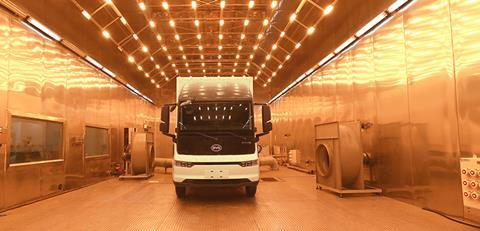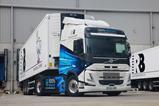BYD is set to make a significant investment in Brazil to start building electric cars, buses, and trucks. This move comes as a result of the support offered by the Brazilian government and aims to fill the void left by Ford, which closed its industrial complex in the state of Bahia last year.

The investment from BYD is expected to reach approximately $620 million, and operations at the former Ford plant are scheduled to commence in the coming year. The company plans to utilise the different facilities for various purposes, with one plant dedicated to the production of truck and bus chassis, another focused on manufacturing electric cars, and a third plant dedicated to the processing of lithium and phosphate for international markets.
This venture by BYD signifies a commitment to expanding its global footprint and further establishing itself as a prominent player in the electric vehicle market. By setting up production facilities in Brazil, BYD aims to tap into the growing demand for sustainable transportation solutions in the country.
The move also aligns with Brazil’s efforts to promote clean energy and reduce carbon emissions. With the support of the local government, BYD’s investment will not only create employment opportunities but also contribute to the development of a greener and more sustainable automotive industry in Brazil.
The decision to invest in Brazil demonstrates BYD’s confidence in the market’s potential and showcases the company’s long-term vision for sustainable mobility. As the world transitions towards cleaner transportation options, BYD’s entry into Brazil will provide consumers with a wider range of electric vehicles to choose from, further accelerating the adoption of eco-friendly transportation solutions in the country.
Moreover, BYD’s presence in Brazil will likely encourage local suppliers and businesses to develop their own expertise and capabilities in the electric vehicle sector. This can lead to the growth of a vibrant electric vehicle ecosystem, fostering innovation, job creation, and technological advancements.


















